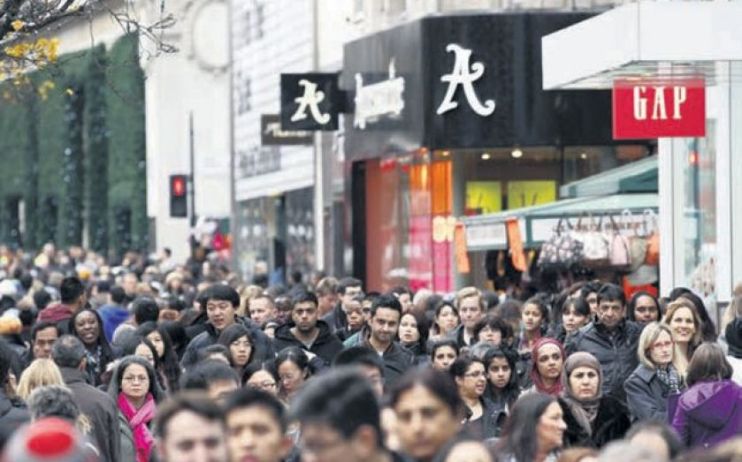Budget 2020: Business rates cut for more small leisure and retail firms

Small retail, leisure and hospitality businesses will be exempt from paying business rates for one year as part of an emergency budget to protect the economy from the impact of the coronavirus outbreak.
All retail, leisure and hospitality businesses with a rateable value of less than £51,000 will be exempt from paying business rates over the next financial year, the chancellor announced today.
The Conservative manifesto had previously pledged to increase business rates discounts for shops, cinemas, and restaurants with a rateable value of less than £51,000 to 60 per cent.
Today chancellor Rishi Sunak announced that business rates for those firms will be abolished for one year.
He also extended the 100 per cent discount to all eligable retail and leisure businesses, including museums, galleries, gyms, nightclubs and guesthouses.
Sunak said: “Museums, art galleries, and theatres; caravan parks and gyms; small hotels and B&Bs; sports clubs, night clubs; club houses, guest houses. They would not benefit from today’s measure – but they could be some of the hardest-hit.
“So, for this year, I have decided to extend the 100 per cent retail discount to them as well.
“That means any eligible retail, leisure or hospitality business with a rateable value below £51,000 will, over the next financial year, pay no business rates whatsoever.
“That is a tax cut worth over £1bn, saving each business up to £25,000.”
The chancellor also announced a review into the long term future of business rates, to be concluded by autumn.
The retail industry repeatedly called for business rates reform, saying the sector suffers disproportionately in paying too high rates.
The bosses of major high street chains and supermarkets wrote to the former chancellor Sajid Javid last month urging him to outline plans to reform the transitional relief system.
The letter signed by bosses from retailers including Asda, New Look, Gregs, Debenhams and Sainsbury’s, said the system has cost the industry more than £500m in the last three years.